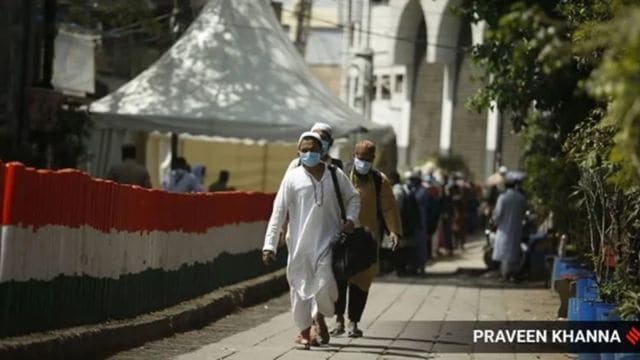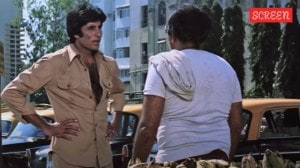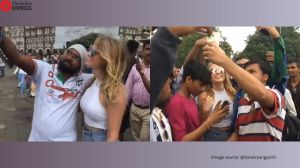Tablighi Jamaat Covid case: Delhi HC quashes charges, proceedings against 70 members
The accused were charged for criminal conspiracy for allegedly housing foreign nationals in different mosques during the pandemic
 In early April, with the outbreak of the COVID-19 pandemic in India, an international Muslim missionary group, the Tablighi Jamaat, was charged of aggravating the health emergency.
In early April, with the outbreak of the COVID-19 pandemic in India, an international Muslim missionary group, the Tablighi Jamaat, was charged of aggravating the health emergency. More than five years after the Tablighi Jamaat was accused of spreading Covid by organising an international congregation in Delhi, the Delhi High Court Thursday quashed charges in 16 FIRs and chargesheets filed in related cases involving 70 Indian citizens.
Justice Neena Bansal Krishna told the open court that proceedings stand quashed.
The 70 named as accused across 16 FIRs were charged primarily under sections of the IPC, including criminal conspiracy, for allegedly accommodating foreign nationals in mosques and their homes during the pandemic from March 24-30, 2020.
The FIRs had also listed 195 foreign nationals but they were not named as accused in most chargesheets — the magistrate court did not take cognizance of the remaining chargesheets on the principle of double jeopardy.
The Delhi Police’s Crime Branch initially registered an FIR under Section 3 of the Epidemic Diseases Act 1897, and IPC sections 188, 269, 270, 120-B and 271, along with provisions of the Disaster Management Act 2005, against seven Indians.
The Crime Branch then filed 48 chargesheets and 11 supplementary chargesheets, including under Section 14(b) of the Foreigners Act, 1946, against 955 foreign nationals, of whom 908 entered plea bargains before the magistrate court. Eight of them were discharged in August 2020, and 36 others acquitted in December 2020. No action was taken against three others who were identified as foreign national juveniles.
Later, 28 other FIRs were registered across Delhi for similar offences against 193 foreign and Indian nationals. The magistrate court had taken cognizance of one chargesheet derived from an FIR lodged at the Chandni Mahal Police Station against the Indian citizens.
Arguing for quashing of the FIRs, the accused, represented by advocate Ashima Mandla, had contended that the foreign nationals who were charged were either acquitted or discharged with the state failing to prove their presence — and nothing was brought on record to prove that the Indians or foreign nationals who were charged had contracted Covid.
The accused had also contended that there is no statutory provision where Indian nationals are bound to notify any authority while housing or providing shelter to foreign nationals, especially on humanitarian grounds.
They asserted that no list was prepared by police while evacuating foreigners and Indians from the markaz and other masjids, and officials had “simply seized the entry register maintained at the markaz and chargesheeted all persons who entered… blindly and mechanically”. The accused further told the court that with a lockdown in place, leaving at the time would have meant violating Government orders.
In early April 2020, days after the first nationwide Covid lockdown was declared on March 24, the international Islamic religious group Tablighi Jamaat was charged with aggravating the health emergency by organising the gathering in the Nizamuddin area of Delhi on March 13-15.
The Government began a crackdown on Tablighi members after an Indonesian man who had allegedly attended the gathering in Nizamuddin was detected with Covid in Telangana. Over 950 foreign nationals, including diplomats, were subsequently blacklisted and accused of contravening emergency rules.
In September 2021, the then Chief Justice of India N V Ramana, while hearing a batch of petitions against news channels for their presentation of news on the Tablighi meeting, had orally remarked: “The problem is everything in this country is shown with a communal angle by a section of the media… The country is going to get a bad name ultimately.”












